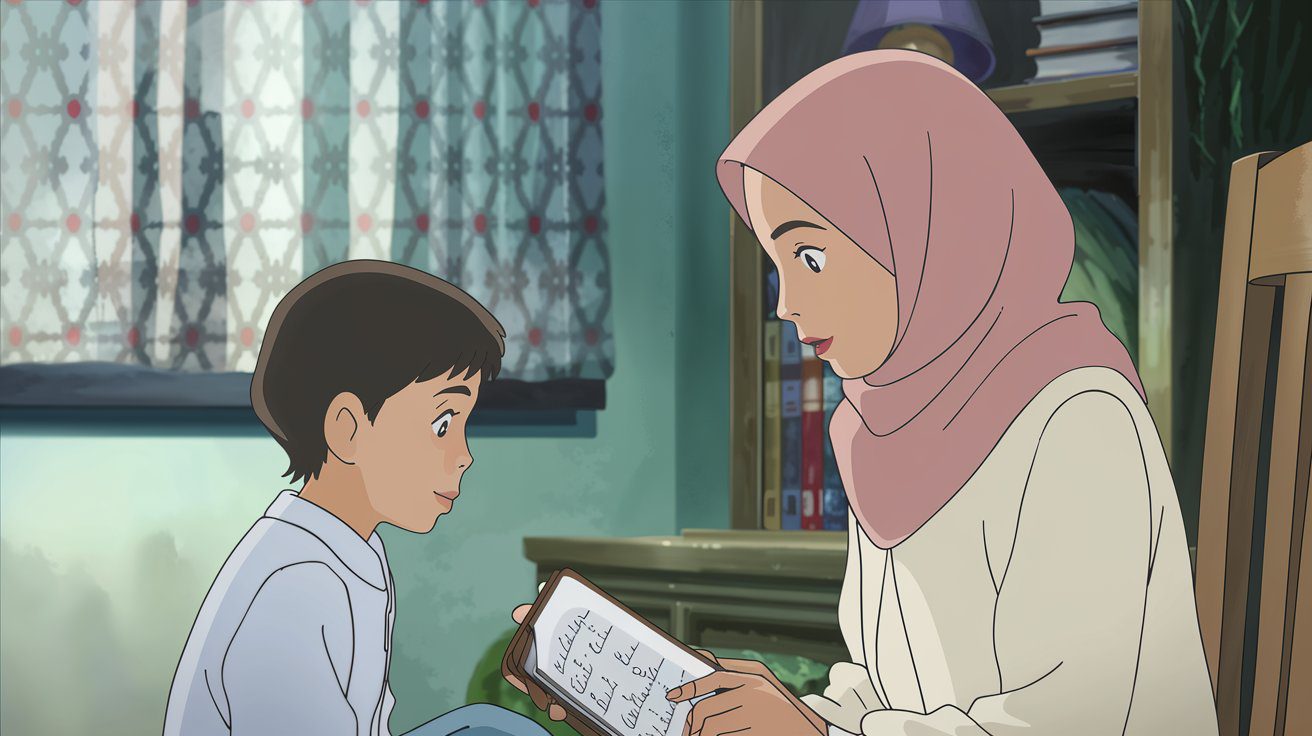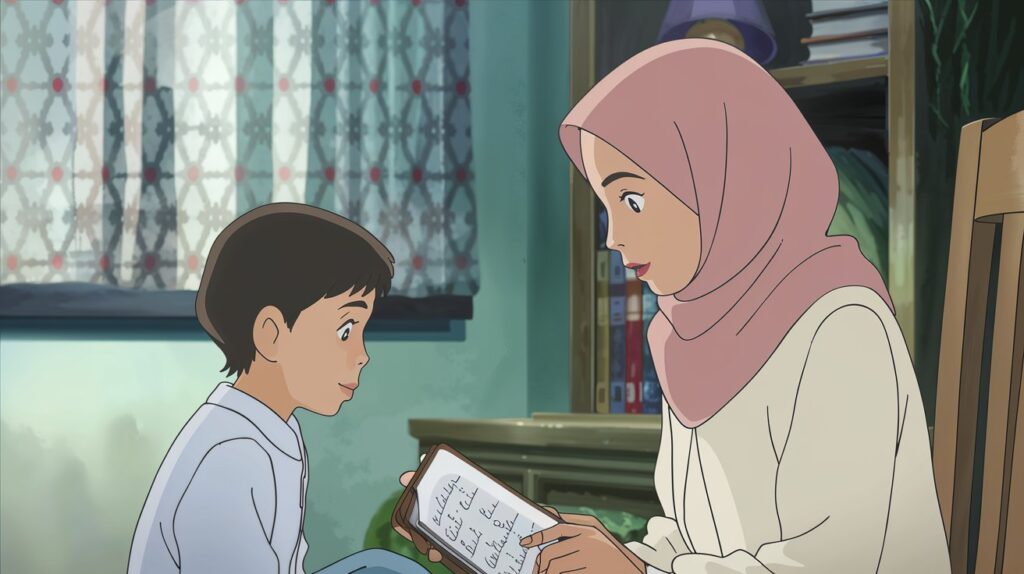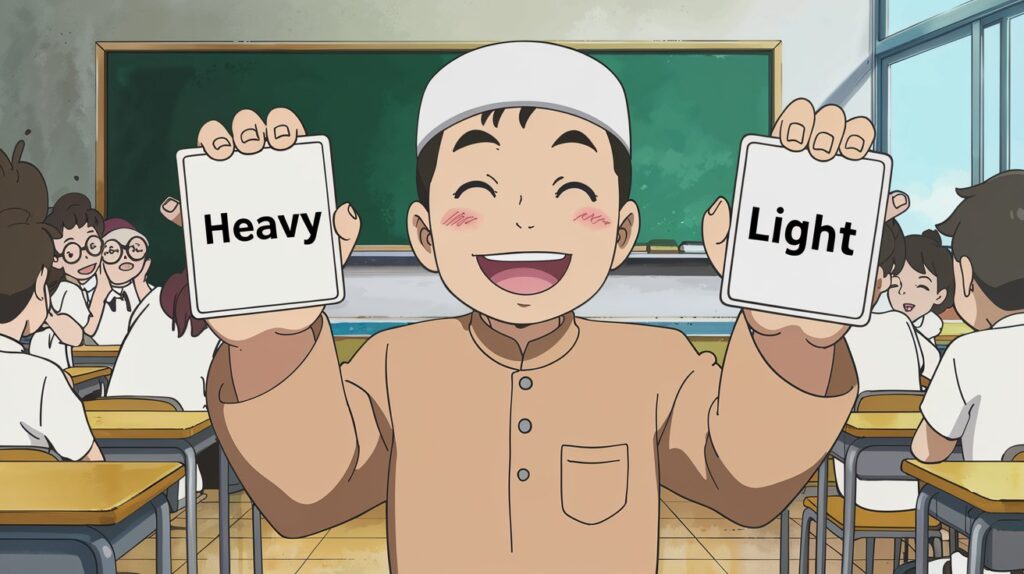
Tajweed for children: 3 Most Common Tajweed Mistakes Kids Make
💬 Introduction
Tajweed can feel overwhelming to children — especially when they’re just starting to recite the Quran. The good news? Mistakes are not a sign of failure. They’re a natural part of learning. At Roots Muslim School, we believe in nurturing confident reciters by correcting Tajweed mistakes with gentleness, play, and praise.
In this post, we’ll uncover the three most common Tajweed mistakes children make—and more importantly, how to fix them in a way that builds love for the Quran, not fear.

1️⃣ Mistake: Stretching Where You Shouldn’t
🔊 “Malikiiii Yawmid-Deen” – sound familiar?
Many children instinctively stretch vowels too much, especially in short surahs. This often happens when they try to sound “melodic” or are copying without fully understanding mad rules.
✅ Gentle Fix:
- Use a “stretch or stop?” gesture game. Hold a colored card up—green to stretch, red to stop.
- Practice with rhythm claps to teach them the beat of correct elongation.
- Praise attempts, not just correctness: “You got the word right! Now let’s clap the beat together!”
2️⃣ Mistake: Mixing Up Heavy and Light Letters
Can they tell the difference between Ta and Ṭa?
Many young learners pronounce heavy letters (tafkhīm) like light ones—or vice versa. This mistake can change the meaning entirely.
✅ Gentle Fix:
- Create a “heavy vs. light” voice game: Ask your child to say “tiger” in a deep voice and “tea” in a light voice. This makes tafkhīm feel physical and fun!
- Use visuals like balloons for light letters and bricks for heavy ones.
🎯 Pro Tip: Limit corrections to one letter at a time. Celebrate when they nail it—even if others still need work.
3️⃣ Mistake: Skipping the Ghunna (Nasal Sound)
Ghunna is one of the easiest Tajweed rules — but also the most skipped!
Words like Inna, Thumma, or Yannāmu require a light nasal hum. But in fast recitation, kids often skip it altogether.
✅ Gentle Fix:
- Play the “Nose Test”: Lightly pinch the nose while saying “Inna.” If the sound stops, it’s not ghunna!
- Use a mirror and watch their face vibrate slightly when ghunna is done right.
👃 Bonus: Use soft sound effects or voiceovers in Roots’ “Ghunna Game” to reinforce learning through fun.

🧩 Why Gentle Correction Works
Gentle correction is not just about kindness — it’s about effective learning. Children respond better when they feel safe, supported, and seen. Harsh correction can lead to hesitation, anxiety, or even shame around Quran recitation.
At Roots, we teach that every small improvement is a victory. The goal is not perfection — it’s love and connection with the Quran.
Final Thoughts
Your child doesn’t need a perfect voice to be a beautiful reciter.
They need a loving guide, a little patience, and a whole lot of encouragement.
🎓 At Roots Muslim School, our programs are designed for English-speaking families looking to build strong Quran habits — with Tajweed as a joyful foundation.
